The best lactose-free formula provides essential nutrients without causing lactose intolerance symptoms. Enfamil ProSobee and Similac Soy Isomil are top options for infants needing non-dairy formulas.
Choosing the right infant formula is crucial for a baby’s development, especially for those with lactose intolerance or milk protein allergies. Lactose-free baby formulas are a lifesaver for parents whose infants experience discomfort with conventional dairy-based options. These formulas are designed to offer the same nutritional value as regular infant milk while eliminating the lactose that can cause digestive issues in some babies.
The market offers a variety of lactose-free formulas, accommodating dietary needs such as soy-based, hydrolyzed proteins, and hypoallergenic options. Parents can rest assured that leading brands have tailored their products to meet the nutritional requirements of their infant, ensuring proper growth and development without the risk of gastrointestinal distress.
The Rise Of Lactose Sensitivity In Infants
Many infants struggle with lactose sensitivity, which can be troubling. A lack of the enzyme lactase prevents them from breaking down lactose properly. This leads to discomfort and can affect their overall nutrition. Parents often notice symptoms such as excessive gas, diarrhea, and irritability in their infants. These signs may point to lactose intolerance. Family history can play a role in the development of lactose sensitivity. Recognizing these symptoms early is crucial for the health and comfort of the baby. Switching to a lactose-free formula often helps alleviate the symptoms, ensuring infants receive necessary nutrients for growth without discomfort.
Navigating Lactose Intolerance: A Parent’s Guide
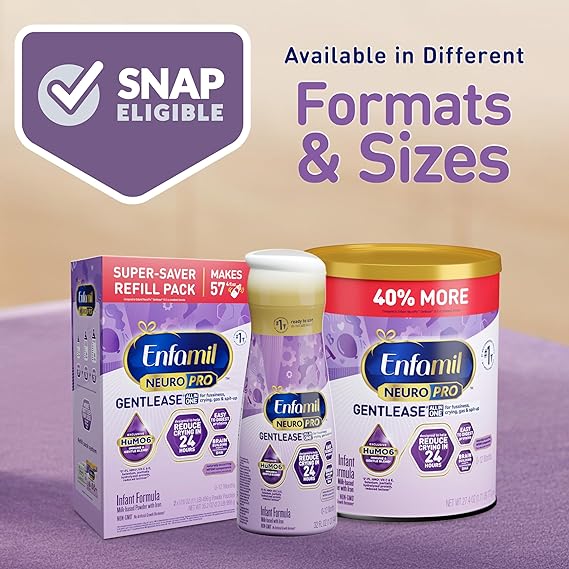
Identifying lactose intolerance in babies can be tricky. Babies might show signs of discomfort. Look for diarrhea, gas, and bloating. Restlessness after feeding is another clue.
Consulting healthcare professionals is crucial. They will check your baby’s symptoms. A diagnosis often leads to a special diet. This ensures your baby gets proper nutrition.
| Lactose-Free Formula | Lactose-Reduced Formula |
| No lactose at all | Less lactose than regular formula |
| For severe intolerance | For mild sensitivity |
| Often based on soy | Still based on cow’s milk |
Choosing between lactose-free and lactose-reduced formulas depends on your baby. Your doctor will help decide. This ensures your baby stays happy and healthy.
Lactose-free Formula Breakdown
Parents seeking lactose-free formula should note key ingredients. It’s crucial to check labels for enriched nutritional values. A good product will contain essential vitamins and minerals. These support a baby’s growth and development. Look for calcium and vitamin D for bone health. Also, iron for cognitive development is important.
Some formulas include DHA and ARA. These fats are vital for eye and brain health. Protein content should also suit a child’s daily needs. Lactose-free options often have soy or plant-based proteins. Always choose formulas with no artificial additives. Natural and safe ingredients provide the best nutrition for lactose-intolerant babies.
Top Picks For Lactose-free Infant Formula
Popular Brands and Products: Parents seeking lactose-free formula options have several choices. Enfamil’s ProSobee and Similac’s Soy Isomil are widely recognized. Babies with sensitive tummies often prefer Gerber’s Good Start Soy. Each brand promises easy digestion and essential nutrition.
| Brand | Product | Pros | Cons |
| Enfamil | ProSobee | Rich in nutrients, soy-based | May have a distinct taste |
| Similac | Soy Isomil | Supports growth, lactose-free | Sometimes pricey |
| Gerber | Good Start Soy | Less fussy babies, gentle soy | Varied availability |
Parental Reviews and Testimonials: Most parents note marked improvement in digestion for their infants. Fussiness and gas often decrease with these formulas. Some report that babies enjoy the taste, fostering easier feedings. A few parents mention higher costs and occasional supply issues. Nevertheless, the overall sentiment skews positively toward these lactose-free alternatives.
Making The Transition To Lactose-free Formula
Making a smooth transition to lactose-free formula a requires some key steps. Always choose a formula approved by your pediatrician. Start by mixing the lactose-free blend with the regular formula. This way, your baby gets used to the new taste gradually. Introduce the lactose-free formula slowly, over a period of a few days or weeks.
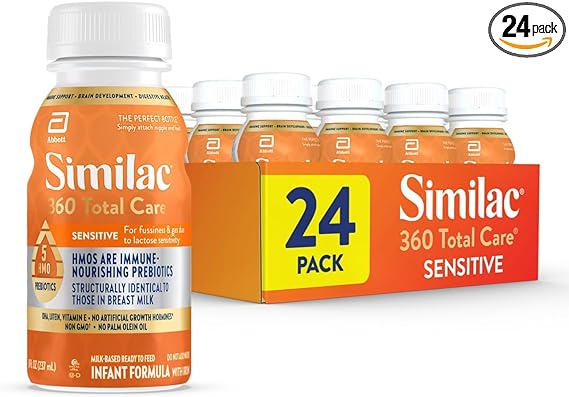
Keeping a diary can be helpful to track your baby’s reaction to the new formula. Note any changes in digestion, mood, or sleep. Look for positive signs of improvement in lactose intolerance symptoms. These include less gas, reduced fussiness, and regular bowel movements. Consult your doctor if you notice any concerning reactions.
Best Lactose-free Formula And Beyond
Lactose-free formula provides a safe alternative for babies with lactose intolerance. It’s essential to ensure that they receive adequate nutrition. As infants grow, solid foods can supplement nutritional needs beyond formula. Introducing pureed fruits and vegetables aids diversified diets.
With lactose intolerance, the goal is managing dietary intake. The next steps include embracing lactose-free options in regular meals. There’s an emergence of new products catering to this need.
Frequently Asked Questions For Best Lactose-free Formula
Which Is The Best Lactose Free Formula?
The best lactose-free formula varies based on individual needs, but Enfamil Gentlease and Similac Pro-Sensitive are popular choices for their lactose-reduced formulas that support digestive comfort. Always consult with a pediatrician for personalized recommendations.
Which Formula Is Best For Lactose Intolerant Babies?
Lactose-free or soy-based formulas are best for lactose intolerant babies. Renowned brands include Enfamil ProSobee, Similac Soy Isomil, and Gerber Good Start Soy. Always consult a pediatrician before choosing a formula.
How Do I Know If My Baby Needs Lactose Free Formula?
Your baby may need lactose-free formula if symptoms such as excessive gas, diarrhea, or colic occur after regular feedings. A pediatrician can confirm lactose intolerance and recommend a suitable formula.
Which Lactose-free Milk Is Best For Babies?
The best lactose-free milk for babies is a formula specifically designed for lactose intolerance, approved by a pediatrician. Always choose iron-fortified options to support infant health.
What’s The Best Lactose-free Baby Formula?
Lactose-free baby formulas are designed to be easily digestible for infants with lactose intolerance. Enfamil ProSobee and Similac Soy Isomil are popular choices among parents.
Conclusion
Choosing the right lactose-free formula is crucial for your baby’s comfort and health. With the options we’ve explored, selecting a suitable alternative becomes easier. Remember to consult your pediatrician before making a switch, ensuring your little one gets the best nutritional start. Embrace these lactose-free solutions for a happier, thriving baby.

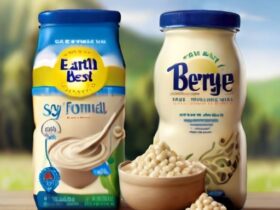


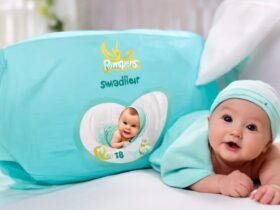







Leave a Review